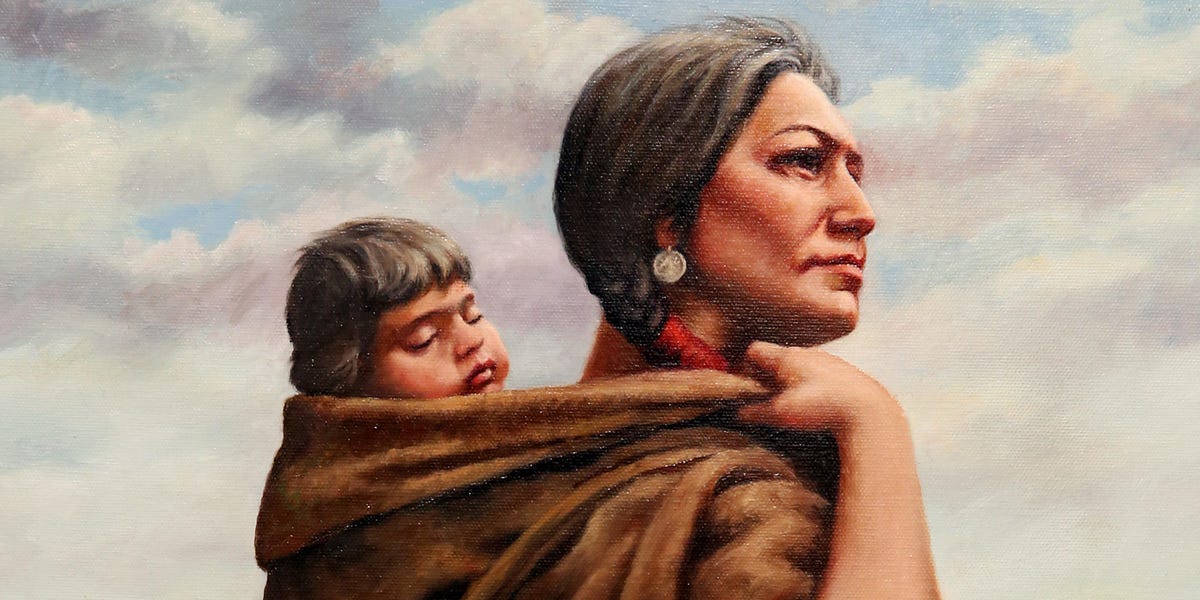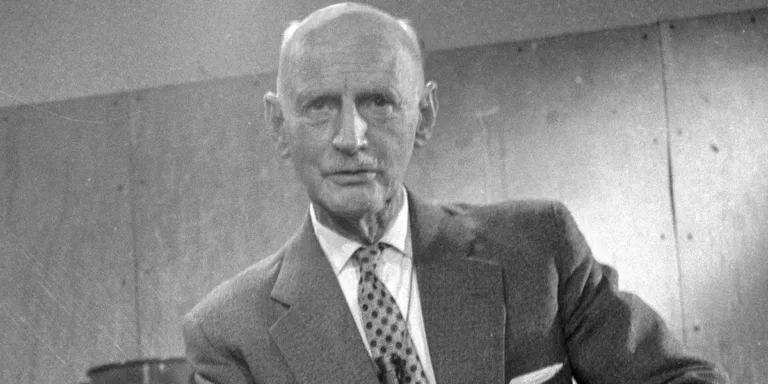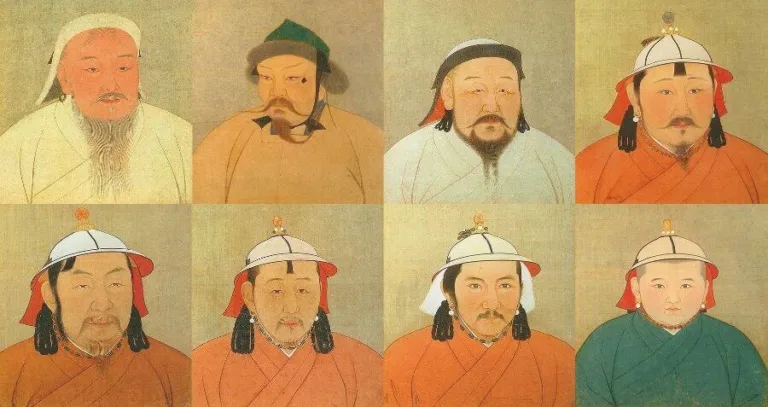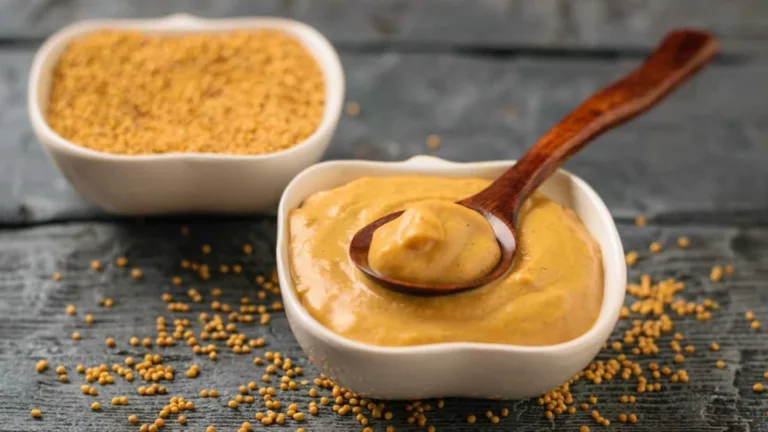Throughout history, Native American women have been pillars of strength and resilience within their communities. They’ve held positions of leadership, Served As Cultural Keepers, and fiercely advocated for the rights and well-being of their people. While often overlooked in mainstream narratives, their contributions are invaluable and deserve recognition.
This article shines a light on Five Remarkable famous female American Indian leaders and activists whose voices have Resounded Across Generations. Winona Laduke, Sarah Winnemucca, Zitkala-ša, Wilma Mankiller, and Suzan Shown Harjo stand as testaments to the power of Indigenous women in shaping history and advocating for a more just future. Each woman brings a unique perspective and story to the table, highlighting the diversity and strength within the Female Native American experience.
Their journeys are filled with challenges, triumphs, and unwavering dedication to their communities and causes. Through their activism, leadership, and cultural preservation efforts, they have left an indelible mark on the world, inspiring countless others to fight for Social Justice, Environmental Protection, and the recognition of Indigenous rights.
Winona Laduke: Environmental Activism and Indigenous Sovereignty
Winona Laduke is a prominent Anishinaabe activist and environmentalist deeply committed to protecting the land and water of Her People. Born on The White Earth Reservation in Minnesota, she has dedicated her life to advocating for Indigenous sovereignty and challenging harmful policies that threaten Native American communities. Laduke Co-founded Honor the Earth, an organization dedicated to supporting grassroots movements led by female Native American activists across North America.
She is a fierce advocate for Environmental Justice, tirelessly working to combat climate change and protect sacred sites from exploitation. Her activism has taken her to the frontlines of numerous battles, from opposing oil pipelines to advocating for sustainable agriculture practices. Laduke’s unwavering commitment to her beliefs has earned her recognition as one of the most influential famous female American Indian leaders of our time.
Her powerful voice continues to inspire generations of activists and advocates who strive to create a more just and equitable world where Indigenous rights are respected and environmental protection is paramount.
Sarah Winnemucca: Voice for the Paiute People
Sarah Winnemucca was a powerful voice for the Paiute people during a time of immense upheaval and injustice. Born into the Northern Paiute tribe in Nevada, she witnessed firsthand the devastating impacts of westward expansion and government policies that sought to assimilate Indigenous peoples. Determined to protect her culture and fight for her people’s rights, Winnemucca dedicated herself to activism and advocacy.
She traveled extensively, sharing her experiences and advocating for fair treatment of Native Americans with politicians, educators, and the general public. Winnemucca’s eloquent writing and powerful speeches brought attention to the plight of the Paiute and other marginalized tribes. Her book, “Life Among The Piutes,” published in 1880, offered a poignant and insightful glimpse Into Her People’s way of life and the challenges They Faced.
Her tireless efforts helped raise awareness about the injustices faced by female Native American communities and paved the way for future generations to continue the fight for Indigenous rights and self-determination. Sarah Winnemucca remains an enduring symbol of courage, resilience, and the power of one voice to make a difference.
 O J Simpson Bronco: History of the White Ford Bronco
O J Simpson Bronco: History of the White Ford BroncoZitkala-ša: Advocate for Native American Education And Culture
Zitkala-ša, born Gertrude Simmons Bonnin, was a powerful advocate for Native American education and cultural preservation. A member of the Yanktonai Dakota tribe, she experienced firsthand the devastating effects of assimilation policies imposed on Indigenous children during her time at a Government Boarding School. Determined to protect her heritage and Empower Future Generations, Zitkala-ša dedicated herself to activism and writing.
She became a vocal critic of Forced Assimilation Practices, exposing the harmful impact they had on Native American children’s identities and well-being. Zitkala-ša used her platform to advocate for Cultural Revitalization, emphasizing the importance of language preservation, Traditional Storytelling, and artistic expression. Her powerful writings, Including Her Influential Autobiography “Impressions Of An Indian Childhood,” shed light on the resilience and strength of female Native American communities in the face of adversity.
Her work helped raise awareness about the importance of preserving Indigenous cultures and inspired a generation of activists to fight for self-determination and cultural rights. Zitkala-ša’s legacy continues to inspire countless individuals to celebrate their heritage and advocate for social justice.
Wilma Mankiller: First Female Principal Chief of The Cherokee Nation
Wilma Mankiller etched her name in history as the first female Principal Chief of The Cherokee Nation, a groundbreaking achievement that paved the way for greater Indigenous representation in Leadership Roles. Born into the Cherokee community in Oklahoma, Mankiller’s early life was deeply rooted in her culture and traditions.
She rose to prominence through her tireless advocacy for her people, serving in various positions within the Cherokee government before ascending to the highest office in 1987. As Principal Chief, Mankiller spearheaded numerous initiatives aimed at improving the lives of Cherokee citizens. She focused on economic development, Healthcare Access, Education Reform, and revitalizing Cherokee language and culture. Her leadership was characterized by her Unwavering Commitment To self-determination, empowering her people to take control of their own destiny.
Mankiller’s legacy as a visionary leader continues to inspire famous female American Indian individuals across generations. She proved that Indigenous women can shatter barriers and make significant contributions to shaping the future of their communities and nations.
Suzan Shown Harjo: Championing Indigenous Rights and Representation
Suzan Shown Harjo is a tireless advocate for Indigenous rights and representation, dedicating her life to fighting for the recognition and protection of Native American cultures and sovereignty. A member of the Cheyenne and Arapaho Tribes, Harjo has been at the forefront of numerous campaigns aimed at addressing systemic injustices faced by Indigenous peoples.
She co-founded The Morning Star Institute, a non-profit organization dedicated to promoting cultural understanding and advocating for Indigenous rights through education and activism. Harjo’s work has encompassed a wide range of issues, from protecting sacred sites to ensuring accurate representation of Native Americans in media and popular culture. Her unwavering commitment to justice and her powerful voice have made her a respected leader within the Indigenous community and beyond.
Harjo’s dedication to amplifying Indigenous voices and advocating for self-determination has earned her widespread recognition as a champion for female Native American rights and representation. Her tireless efforts continue to inspire generations of activists to fight for social justice and cultural preservation.










